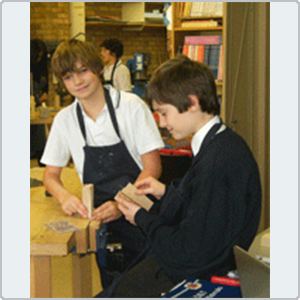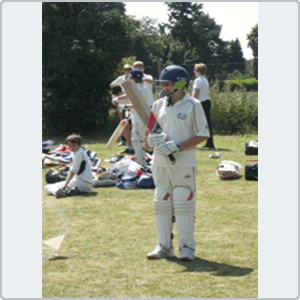We offer a variety of different qualifications so that all pupils study a course that is the most appropriate for their learning styles and assessment needs. These include:
GCSE
- General Certificate of Secondary Education. These are the main qualification taken by 15-16 year olds in schools and colleges. You can also take them if you want to gain a qualification in a subject you are interested in, at any age.
- The qualification mainly involves studying the theory of a subject combined with some investigative work.
- They are usually studied full-time at school or college, taking two years to complete. Short courses are also available.
- GCSEs are at Levels 1 and 2 on the Reformed Qualifications Framework, depending on the grade you get.
Vocational Level 1 and 2 Courses
- Vocational awards are work-related qualifications suitable for a wide range of students.
- They’re built to accommodate the needs of employers and allow progression to university.
- They provide a practical, real-world approach to learning without sacrificing any of the essential subject theory.
- They can be taken alongside, or in place of, GCSEs.
- Available across a wide range of industry sectors, they’re continually developed and updated to meet the needs of employers and learners.
- Vocational qualifications have been around for many years and their reputation is second to none.
- They’re recognised by schools, colleges, universities, employers and professional bodies across the UK and in over 100 countries worldwide.
- They offer natural progression along a vocational path, from and to academic qualifications and university.
- Vocational qualifications are developed with key industry representatives and sector skills councils.
- Vocational qualifications come in different levels, from Entry Level (Foundation Learning) right through to professional qualifications at Level 7 (equivalent to postgraduate study).
- They also come in different sizes at each level. The smallest size is an Award, the next size is a Certificate and the largest is a Diploma.
- The time taken to complete a vocational course depends on the size and level of the qualification, and also whether the qualification is studied over one or two years.
- The number of units varies according to the design and focus of each qualification.
Functional Skills
- Functional Skills contain the core elements of English, Mathematics and Digital Skills and students who take these qualifications will develop the transferable skills needed in everyday life and at work.
- The qualification mainly involves studying contextualized and relevant scenarios to learn problem-solving skills in English, Mathematics and Digital Skills.
- They can be studied as a stand-alone qualification
- Functional Skills are accredited to the Reformed Qualifications Framework (RQF) and are offered at: Entry levels 1, 2 ,3 and Level 1 and 2.
- Functional Skills were designed to address the concerns of employers that many young people and adults lacked a firm understanding of the basic English, Maths and Digital Skills.
- Studying Functional Skills will help you to develop the transferable skills you need in everyday life and at work.



